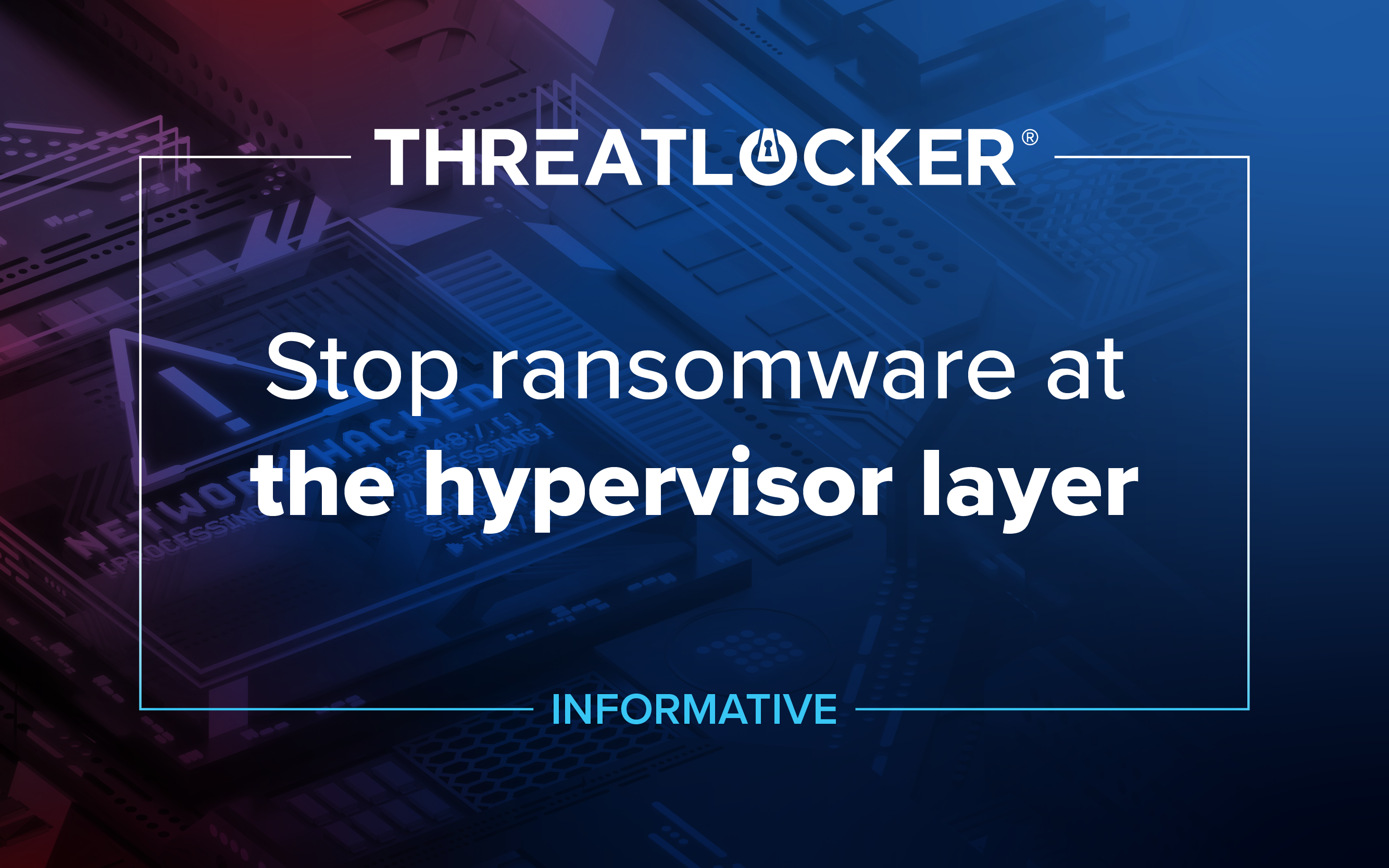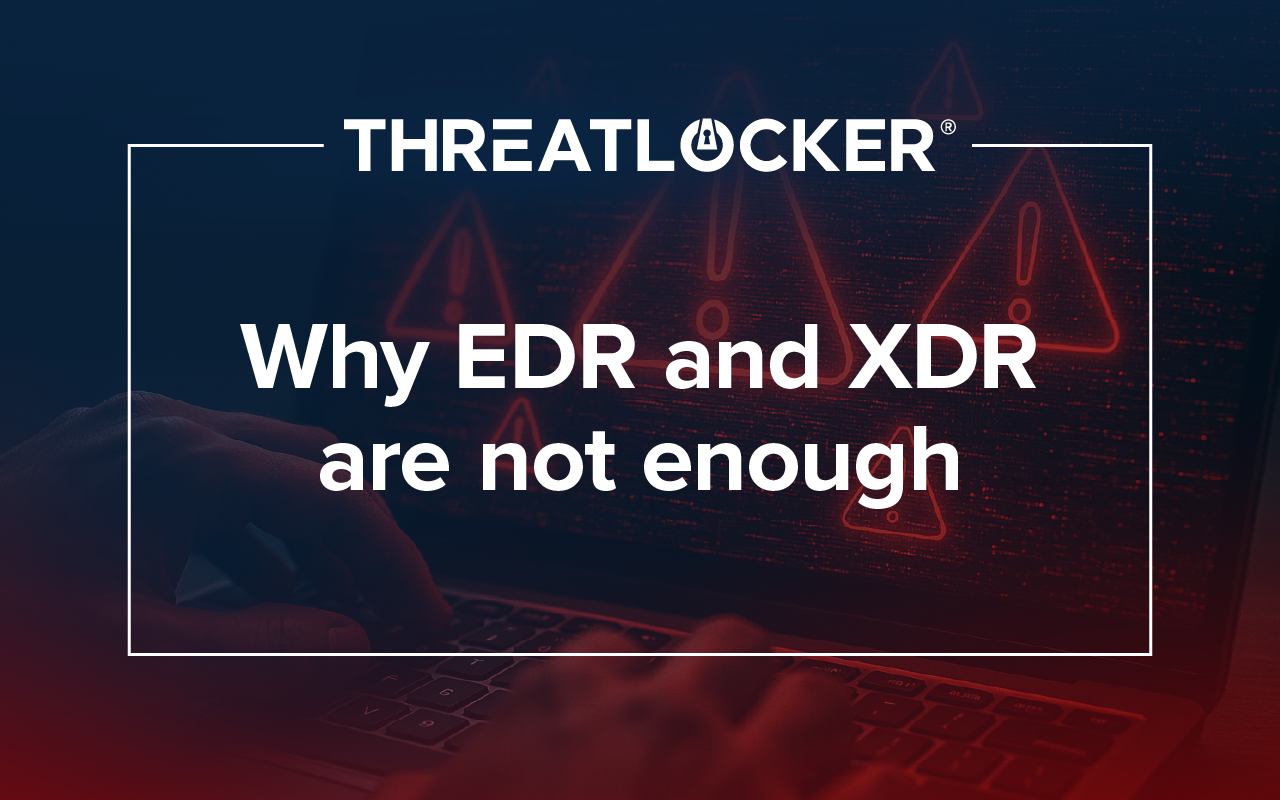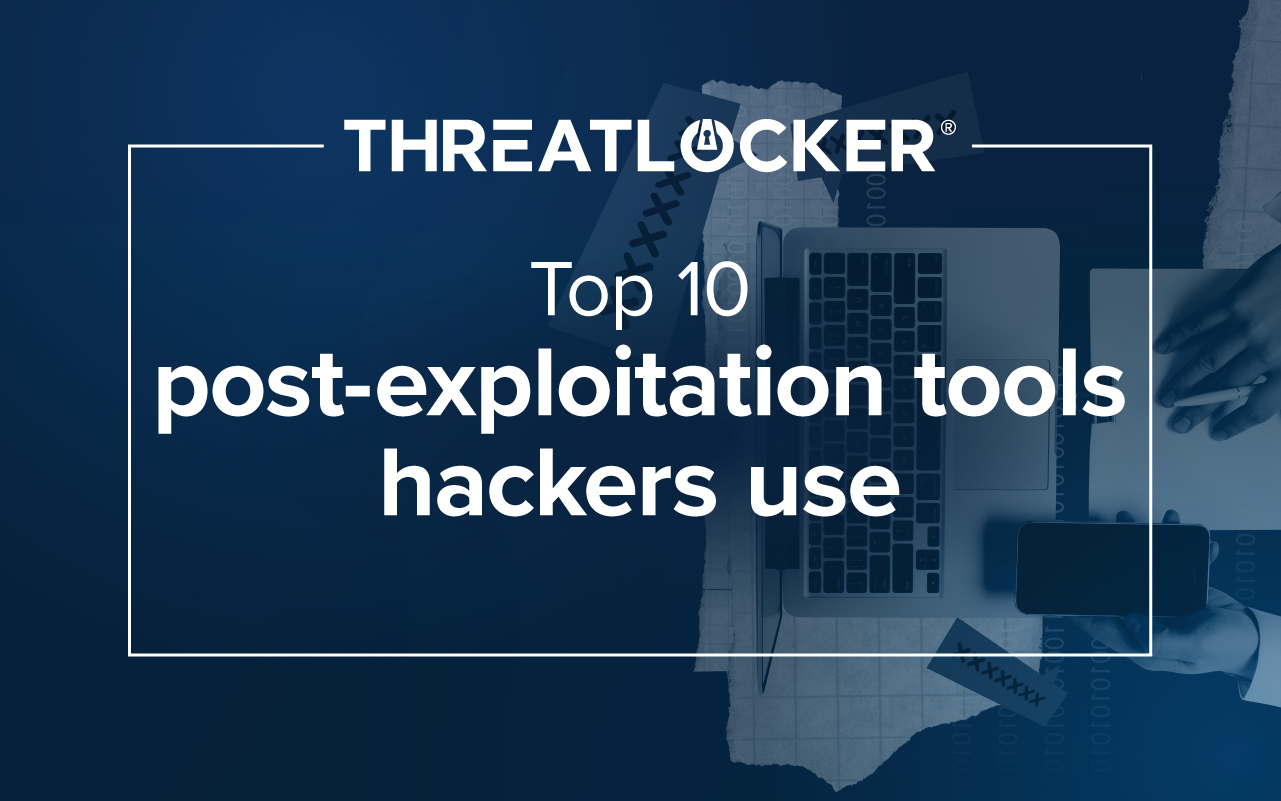Table of contents
Introduction
What's the last thing you do right before you leave your house? Mow the lawn? Paint the porch? Pet the neighbor's dog even though it makes your own dog more jealous? No, you lock the door. Because your mind will be riddled with anxiety all day if you can't give yourself the mental assurance that your home is secure. We constantly strive to ensure any door, any window, any crack or crevice in our place of residence is locked down so that no opening is susceptible to those with ill-will. This is what gives us the peace of mind that allows us to focus on what matters. This is the essence of endpoint security. Similar to your own humble abode, companies are under constant pressure to make sure their network security is airtight. With terabytes of sensitive information at risk, no company can afford to have any gaps in their network. That is why most enterprises have become more and more willing to obtain top-notch cybersecurity and anti-virus software in order to ensure the best protection money can buy. But what exactly is endpoint security? And why is it so important in today’s digital landscape?
What is endpoint security?
Endpoints are best defined as remote computing devices that have the ability to communicate back and forth with a network that they are connected to. Some of the best examples of this include desktops, laptops, servers, printers, phones, and even tablets. Endpoint security protects these entry points from bad actors or malicious attacks. This is especially important since so many companies will give employees take-home work computers or phones that only increase the susceptibility of endpoint vulnerabilities. The shifting terrain of data protection has brought about a necessity for extra layers of protection via endpoint security. But how exactly does this work? Let's harken back to our house example. We always lock our doors/windows before leaving the house; we need a key in order to do that. Well, what if someone was able to steal/copy that key in order to access your house without you even knowing? That unfortunate scenario is a reality that happens more often than you think. And there are more and more doors and windows in our houses than ever before, making our homes more susceptible than ever. But what if there was a way to encrypt all the locks on your house so that even if your key were copied or stolen, your home would still be secure? That is the essence of endpoint security.
Why is endpoint security important?
There are many reasons as to why endpoint security is necessary in the current cybersecurity landscape. In the past, companies relied heavily on centralized network protection to ensure the validity of their data, especially since most security breaches came in through the network. However, the landscape of cybersecurity has changed dramatically since then. Enterprises have made great strides at making access to data more fluid for increased productivity and seamless workflow. In addition, the most recent Global Pandemic has made working from home turn from a rare occurrence into a common staple in work culture. Because of this, employees connecting to Wi-Fi networks to work remotely means that the enterprise network security perimeter is more exposed than ever. Endpoint security uses application control in order to secure devices that might attempt to access the network. This facilitates the ability to better control security on those endpoints in order to block and monitor activities that may be deemed risky. A client-server model of protection is usually used to ensure that both a centrally managed security solution and a client software locally installed on each endpoint are employed. This certifies that both the network and each endpoint on the network are secure.
Conclusion
With all this in mind, it's clear to see why policy based controls from ThreatLocker provide effective endpoint security. We now have a better understanding of what endpoint security is, why it's so important to have, and the best ways to protect your enterprise network from endpoint attacks. After all, everyone just wants their house to be secure. That way, when we come home from a long day, we can rest assured that we can open the door to a house with the same contents as we left it.
If ThreatLocker’s Endpoint Security sounds like something you need to help control access, then you should consider adding ThreatLocker to your security stack. ThreatLocker has been helping companies with securing their endpoints for years and can help implement a personalized plan for you. For more on zero trust cybersecurity, schedule a call with a member of the Cyber Hero Team to learn how ThreatLocker endpoint security could be the perfect fit for your business.





